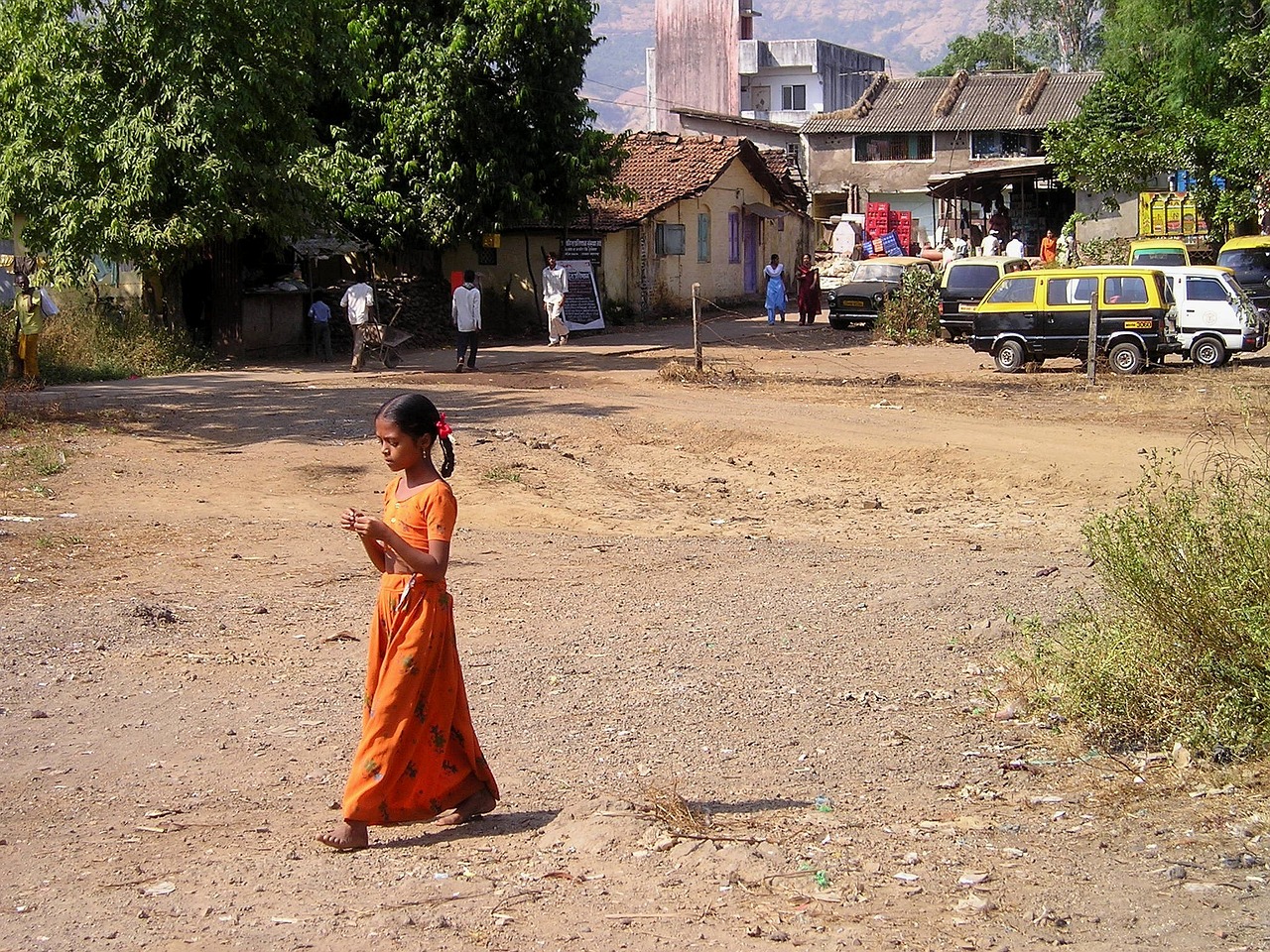Election Day Logistics: Ensuring Smooth Operations at Polling Places
With Election Day fast approaching, it is essential to ensure that polling places are adequately prepared to handle the influx of voters and uphold the democratic process. From ensuring proper staffing to maintaining the integrity of the voting process, a myriad of logistics must be considered to guarantee a smooth operation on Election Day.
Staffing
One of the most critical aspects of Election Day logistics is staffing. Polling places must have a sufficient number of poll workers to process voters efficiently and address any issues that may arise. It is essential to train poll workers on the voting process, including how to verify voter registration, issue ballots, and assist voters with disabilities. Additionally, poll workers should be prepared to handle any disputes or irregularities that may occur.
Equipment
Another crucial component of Election Day logistics is ensuring that polling places have the necessary equipment to facilitate the voting process. This includes voting machines, ballot boxes, privacy screens, and other tools that are essential for conducting a fair and accurate election. It is vital to test all equipment before Election Day to identify and address any potential issues that may arise.
Accessibility
Ensuring that polling places are accessible to all voters is essential for upholding the principles of democracy. Polling places should be wheelchair accessible and equipped with voting machines that are accessible to voters with disabilities. Additionally, poll workers should be trained to assist voters with disabilities and provide accommodation as needed.
Security
Security is a top priority on Election Day, and polling places must take precautions to protect the integrity of the voting process. This includes ensuring that all ballots are securely stored and counted, verifying the identity of voters, and preventing any attempts at voter fraud. Poll workers should be trained to recognize and address any security threats that may arise.
Communication
Effective communication is essential for ensuring that Election Day operations run smoothly. Polling places should have clear signage to direct voters, as well as a system in place for communicating important information to poll workers and voters. It is also essential to establish a communication protocol for addressing any issues that may arise during the voting process.
Logistics
Managing the logistics of Election Day is a complex task that requires careful planning and coordination. Polling places must be well-organized to handle the flow of voters, process ballots efficiently, and address any logistical challenges that may arise. It is essential to have a contingency plan in place for unexpected events, such as inclement weather or equipment malfunctions.
FAQs
Q: What should I bring with me to the polling place on Election Day?
A: Voters should bring a form of identification, such as a driver’s license or state ID, to verify their identity at the polling place.
Q: Can I vote by mail or absentee ballot?
A: Depending on your state’s laws, you may be eligible to vote by mail or absentee ballot. Check with your local election officials for more information on how to vote absentee.
Q: What should I do if I encounter a problem at the polling place?
A: If you encounter any issues at the polling place, such as a malfunctioning voting machine or a dispute over your eligibility to vote, speak to a poll worker for assistance.
Q: Can I still vote if I am in line when the polling place closes?
A: Yes, as long as you are in line when the polling place closes, you are entitled to vote. Do not leave the line, even if the polls close while you are waiting.
Q: How can I verify that my vote was counted?
A: Most states offer a way for voters to verify that their vote was counted, either through an online tool or by contacting their local election officials. Check with your state’s election website for more information on verifying your vote.
In conclusion, Election Day logistics are a critical component of ensuring a fair and transparent election process. By addressing staffing, equipment, accessibility, security, communication, and overall logistics, polling places can successfully manage the complexities of Election Day and uphold the democratic principles of our country.







